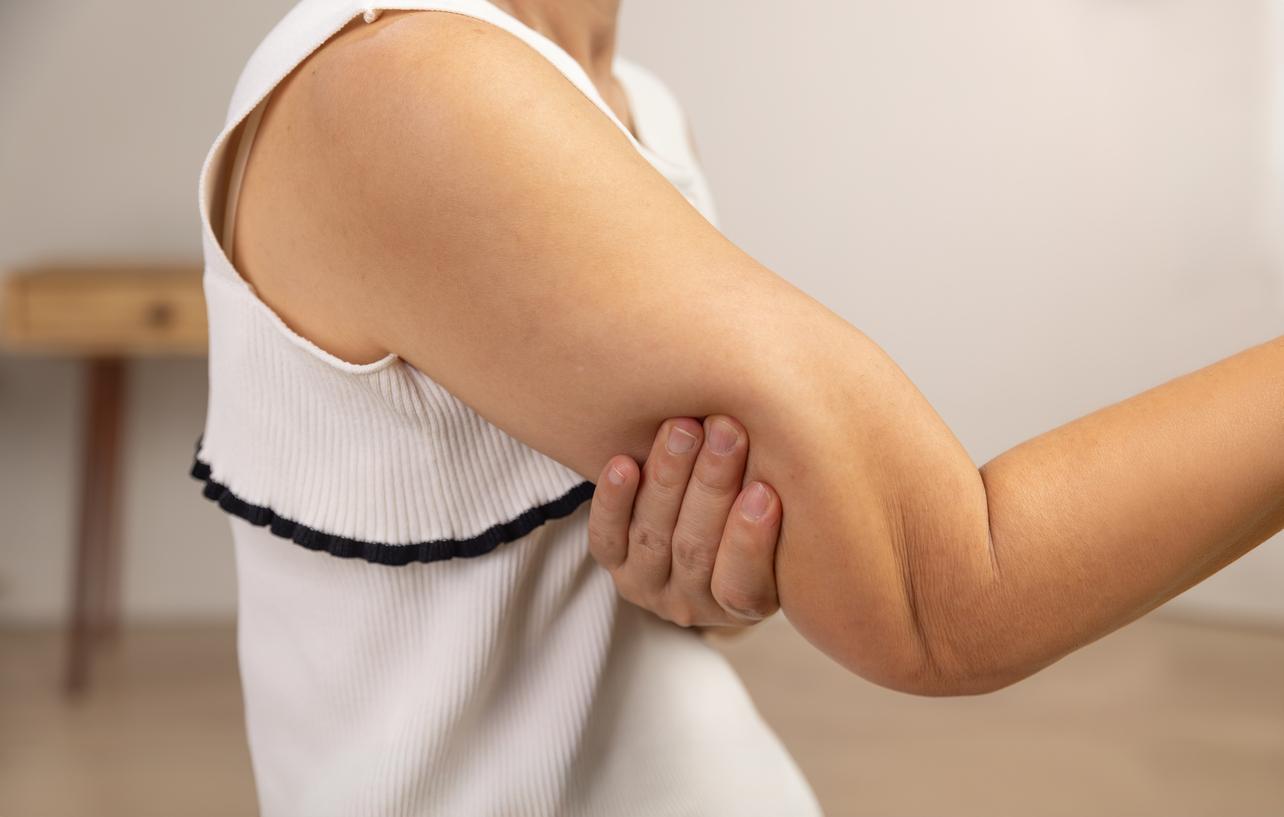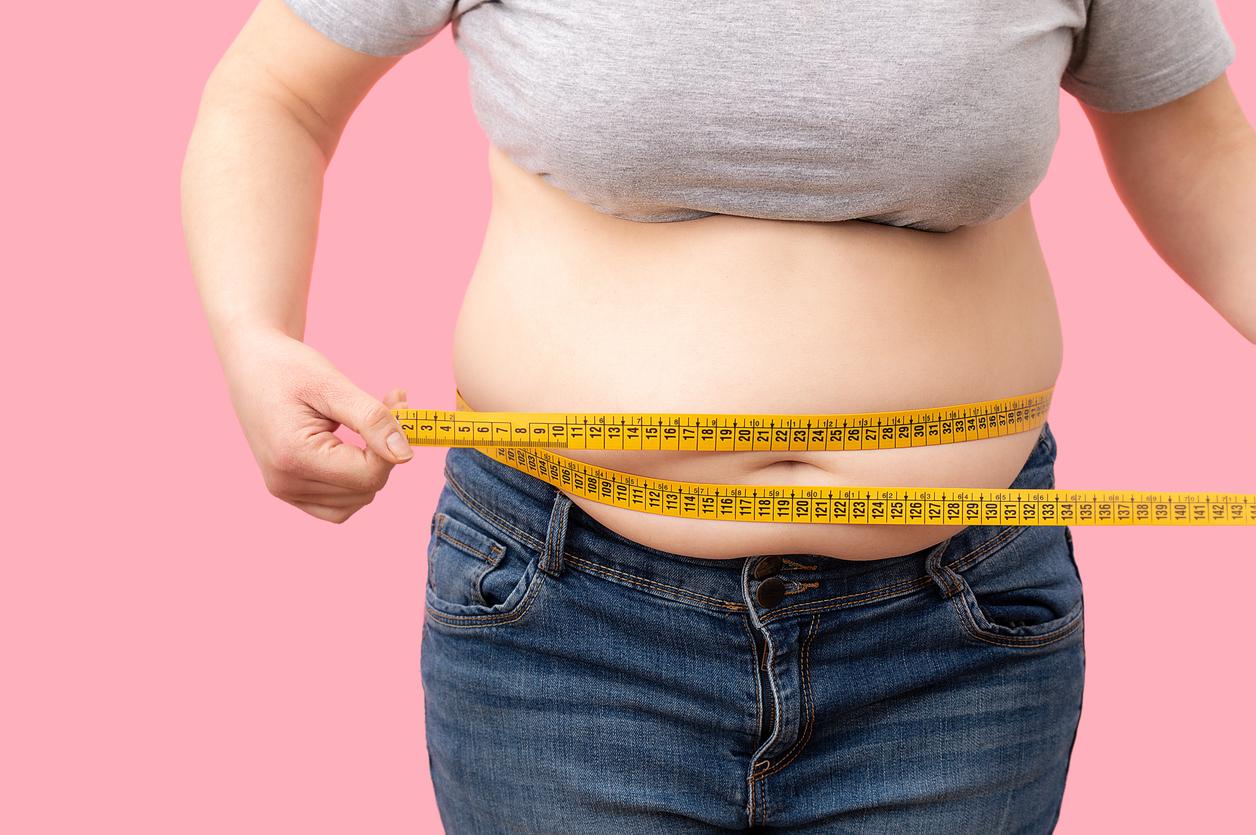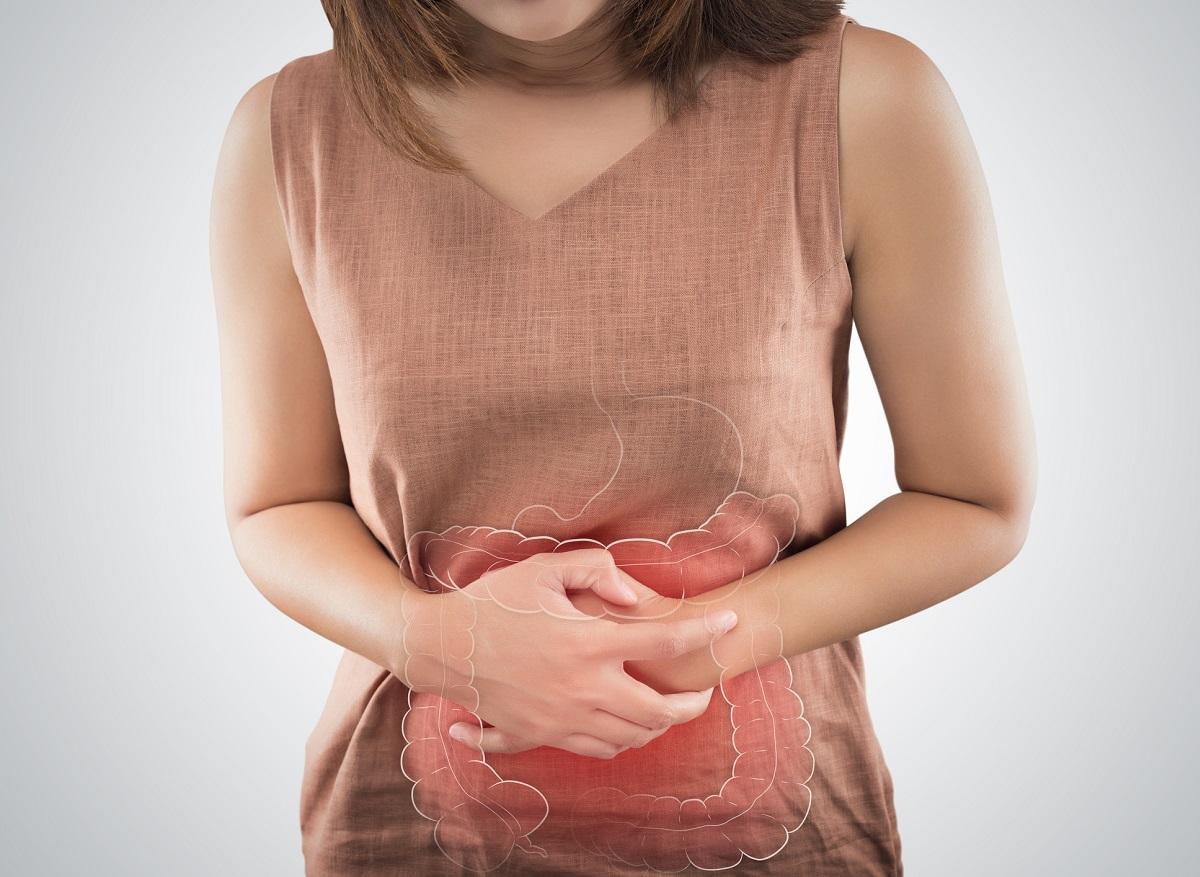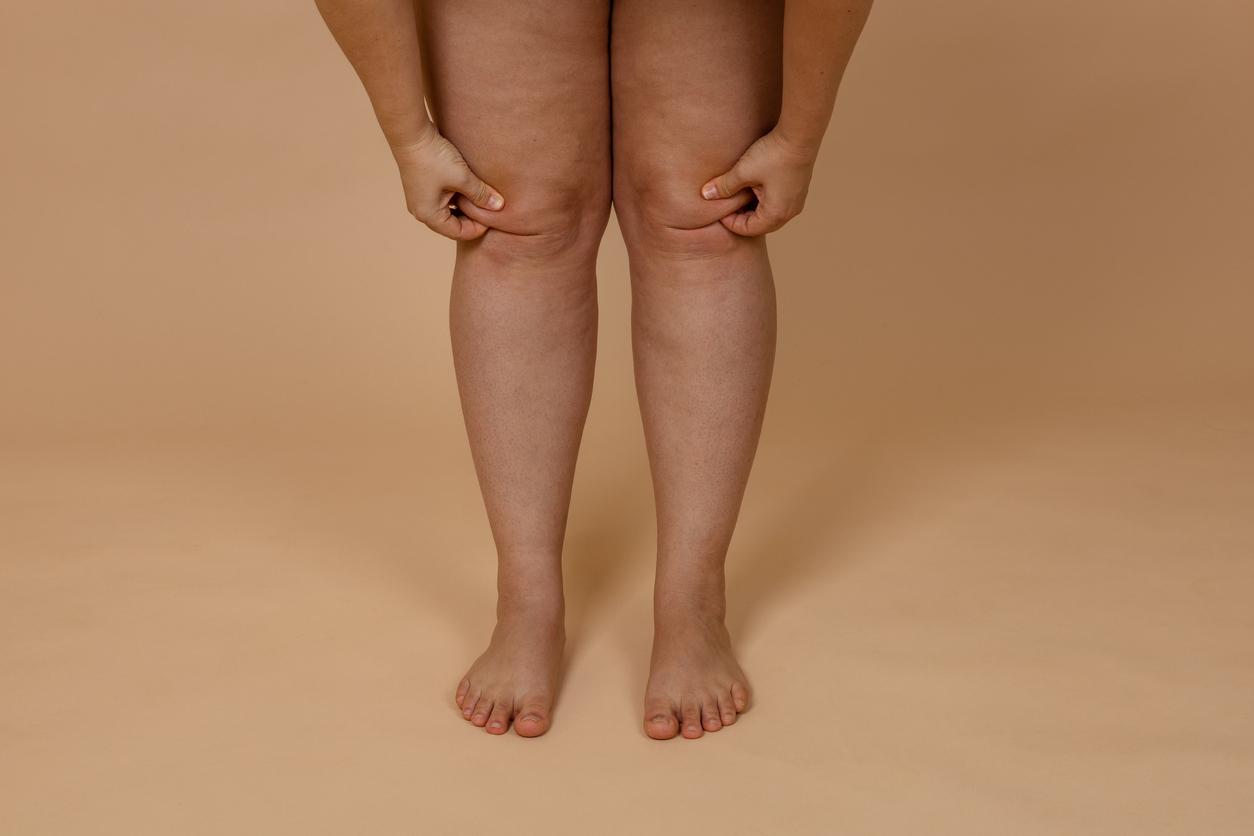
Problems with the absorption of fats
If too much fluid remains in the stool, you will get watery stools: diarrhoea. There may also be an abnormal amount of fat in the stool that makes it thin and sticky. We call that fatty diarrhea. What could be the cause?
Fatty diarrhea (also called steatorrhea or steatorrhea) contains, as the name suggests, more fat than normal. As a result, the stool is thin, greasy and so sticky that it sticks to the toilet bowl. Often the poo floats and you see fat drops in the water of the toilet. With fatty diarrhea, the stool smells worse than normal and is light in color.
Causes
Normally, the intestines break down fats and are absorbed into the blood. You will suffer from fatty diarrhea if something goes wrong with the digestion or absorption of fats from your diet. The fats then end up undigested in the stool. How can this arise?
A possible cause is a disease of the liver, bile ducts or pancreas. You need bile and pancreatic juices to digest fat. Your liver and pancreas make these fluids. They then pass through the bile ducts into the small intestine. Due to a liver, bile duct or pancreatic disease, too little bile or pancreatic juice can end up in the small intestine, so that you do not digest the fat properly.
If your small intestinal wall is damaged, for example as a result of Crohn’s disease or gluten intolerance, it is possible that these fats do not absorb well. Even if a large part of the small intestine has been removed, the wall sometimes absorbs less fat.
You can also get fatty diarrhea if your stool passes through the intestines too quickly. A problem with the intestinal flora, an intestinal disorder or stress can cause this.
Have your fat content measured
Do you suffer from fatty diarrhea? First, take a critical look at your diet. Provide enough variety and fiber in your diet. Doesn’t that help and does the greasy diarrhea persist? Or do you also experience other complaints, such as fatigue, itching, abdominal pain, weight loss or a yellowish skin color? Then go to the doctor.
The doctor can have the fat content in your stool measured in the laboratory. Depending on your possible other symptoms, he or she may also order a blood test and refer you.
Therapy
Which treatment you need depends on the cause of the fatty diarrhea. If you have a disorder of the small intestine, liver, bile ducts or pancreas, the treatment will focus on that.
Sometimes it is wise to eat less fat, but whether that is advisable also depends on the underlying cause. In addition, you may need extra vitamins if you do not absorb them properly. You can consult a dietician for nutritional advice that best fits your diagnosis.
Sources):















